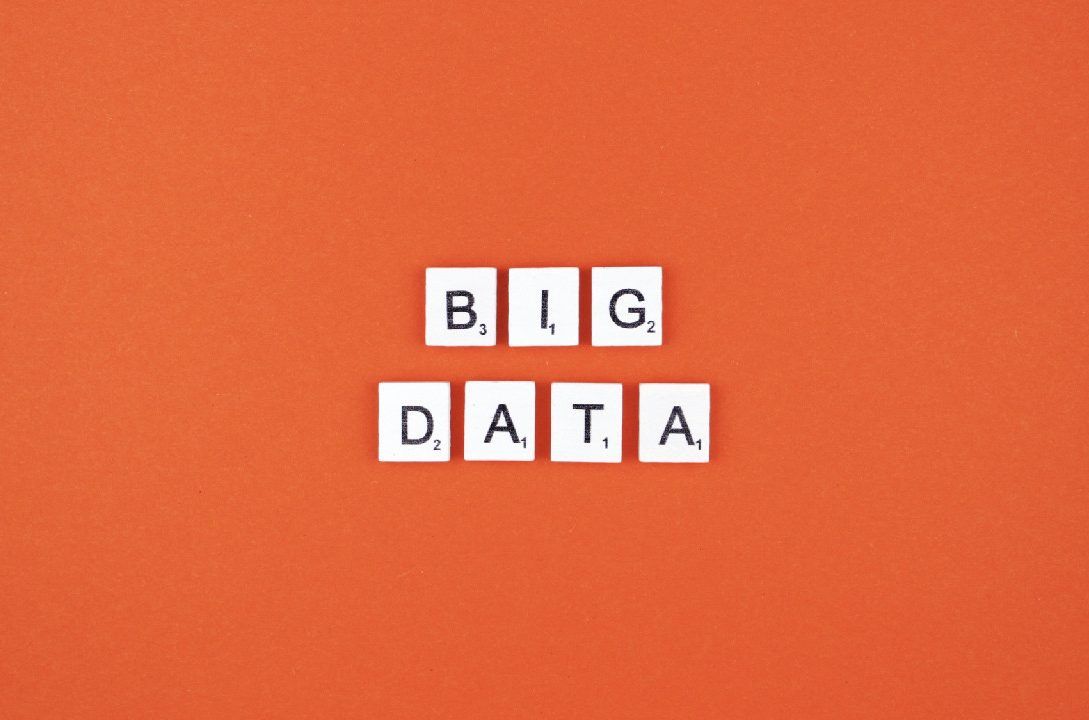Big Data is a term that refers to the massive amount of information generated every day from various sources such as social media, electronic devices, sensors, and online platforms. It has become a buzzword in recent years, with more and more organizations recognizing its potential to extract valuable insights and make informed decisions. However, harnessing the power of Big Data comes with its share of benefits and challenges.
Let’s start with the benefits
- One of the most significant advantages of Big Data is its ability to provide valuable insights and information. By analyzing vast amounts of data, organizations can identify trends, patterns, and correlations that can help them make strategic decisions. For example, retailers can analyze customer shopping behavior to personalize their offerings and target specific consumer groups. Governments can analyze public sentiment on social media to monitor and address public concerns effectively. In healthcare, Big Data analytics can help identify disease outbreaks and predict patient outcomes, leading to more effective treatments and improved patient care.
- Another benefit of Big Data is its potential to enhance operational efficiency. By analyzing large datasets, organizations can identify inefficiencies, bottlenecks, and areas for improvement in their operations. For example, logistics companies can use Big Data analytics to optimize their delivery routes, thereby reducing costs and improving customer satisfaction. Manufacturers can monitor real-time data from sensors installed in their production lines to identify potential faults and prevent downtime. These insights derived from Big Data can lead to significant cost savings and improved productivity.
- Furthermore, Big Data can be used for predictive analysis, enabling organizations to anticipate future trends and behaviors. By analyzing historical data, organizations can identify patterns and make predictions about customer behavior, market demand, and even weather patterns. This enables businesses to make proactive decisions, improve resource allocation, and enhance customer satisfaction. For example, insurance companies can use predictive analysis to identify customers who are more likely to file claims and adjust their premiums accordingly, leading to more accurate risk assessment and improved profitability.
Big Data also poses several challenges
- One of the most significant challenges is the sheer volume of data generated. With the exponential growth of data, organizations need sophisticated tools and technologies to store, process, and analyze this data effectively. Traditional databases and processing tools are often inadequate for handling massive datasets, which require scalable and distributed computing platforms such as Hadoop and Spark. Setting up these platforms and maintaining them can be complex and resource-intensive.
- Another challenge is the quality and reliability of data. Big Data often consists of heterogeneous and unstructured data from various sources, which can be messy and inconsistent. Ensuring data quality, cleaning, and preprocessing can be time-consuming and demanding. Additionally, data privacy and security are critical concerns when dealing with massive amounts of personal and sensitive information. Organizations must implement robust security measures and comply with privacy regulations to protect customer data effectively.
- Lastly, there is a significant challenge in attracting and retaining talent with the necessary skills to work with Big Data. Data scientists, analysts, and engineers are in high demand, and the shortage of skilled professionals remains a significant issue. Organizations need to invest in training, talent acquisition, and continuous learning to build a competent Big Data team.
Conclusion
In conclusion, Big Data has the potential to revolutionize the way organizations operate, make decisions, and deliver value to customers. It can provide valuable insights, enhance operational efficiency, and enable predictive analysis. However, it also comes with challenges such as data volume and complexity, data quality, privacy concerns, and talent shortage. Successfully harnessing the power of Big Data requires organizations to invest in the right infrastructure, tools, and talent, and develop robust data governance and security policies. With the right approach, organizations can unlock the full potential of Big Data and gain a competitive advantage in the rapidly evolving digital landscape.
Related Posts:
Get Started with a free 15 -day trial
No credit card required for Trial Plan
Continue using starter plan for free forever, after trial or upgrade to Premium Subscription






